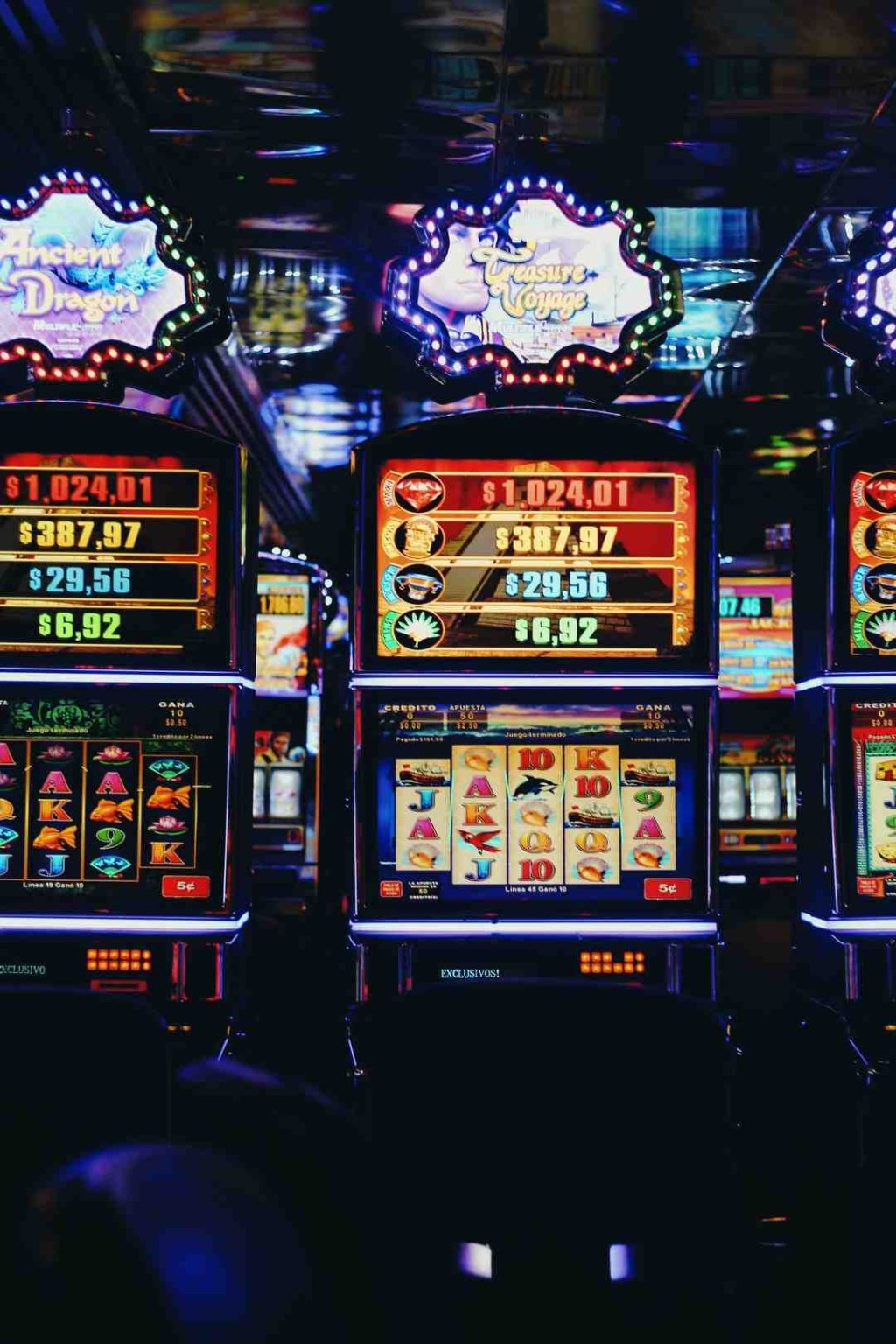In what way Gambling Games Reflect the Mankind’s Journey

Casino entertainment have long been a staple in human culture, delivering not just entertainment but a captivating reflection of our aspirations, ambitions, and fears. From the rotating wheels of a slot machine to the tactical play of poker, these games represent a variety of human feelings and experiences. At their core, casino games are not just a chance to win money; they are a snapshot of life itself, where risk and reward merge and fortunes can change in an eye blink.
As players convene around tables or sit in front of vibrantly illuminated machines, they participate in a ceremony that transcends mere gambling. These games mirror our innate desires for relationships, adventure, and the pursuit of luck. They also disclose deeper truths about human behavior, such as our relationship with chance and the excitement of uncertainty. In exploring casino games, we uncover not only the rules of play but also the intricate pattern of the human journey, showcasing our interconnected narratives of goal and reality.
The Psychology of Gambling
Gambling is deeply rooted in human psychology, tapping into various emotions and wants. The excitement of taking risks is a core aspect that attracts participants, whether the excitement of spinning a roulette or the excitement of drawing a winning hand in a poker game. This rush of adrenaline is often compared to other forms of thrill, as the uncertainty of outcomes triggers a distinct psychological response. ok365 Gamblers often find themselves captivated by the possibility of striking it rich, leading to an almost magnetic draw toward gambling games.
Another, an essential component of the psychology behind gambling is the concept of hope and aspiration. Participants often nourish fantasies of financial freedom and the opulent lifestyle that can accompany winning. This optimism fuels their continued participation in gambling, as it provides a sense of meaning and the belief that a life-changing win could be just one bet away. The narrative of overcoming odds and achieving success resonates with many, strengthening their dedication to play and involve themselves with these games.
Finally, social aspects play a crucial role in gambling psychology. Casino environments are designed to promote social interaction, where gamblers gather to share the experience of wins and losses. This shared aspect not only enhances enjoyment but also affects behavior, as individuals often mimic the actions of others in their vicinity. The social validation found in shared excitement can magnify the emotional experience, making casino games a reflection of not just personal desires but also shared involvement within the gambling community.
## The Dual Nature of Risk and Reward
Casino games embody the fragile balance between danger and gain that resonates profoundly with human psychology. The rush of placing a wager is often accompanied by a jolt of energy, as gamblers are confronted with the possibility of striking it rich, yet fully aware of the potential to suffer losses. This bipartisan experience reflects a essential aspect of life: the paths we choose often come with intrinsic risks, and the quest for benefit can drive us to make risky moves we might not otherwise consider. In this way, gambling activities mirror real-world decisions, enticing gamblers to gamble not just their capital, but also their dreams.
The allure of jackpot prizes and payouts fuels a sense of optimism, encouraging gamblers to imagine a brighter future that could emerge from a single victorious spin of the roulette or dealing of a hand. This optimism can motivate individuals to engage in more daring actions, pushing them to extend their limits in search of financial gain. However, just as in life, the results of these decisions can lead to both victory and despair. The narratives of both big winners and those who have lost everything at the casino demonstrate the unpredictable nature of chance and its impactful repercussions on our existence.
Ultimately, the interaction of engaging with casino games serves as a potent reminder of the nature of humanity. Every game played is imbued with the tension of uncertainty, as gamblers weigh the gains against the dangers. https://ok365.charity This balance not only highlights the excitement that comes with gambling but also unveils the vulnerabilities that come with the longing for more. As we journey through the complexities of decision-making and results in both the casino and in life, we find that the pursuit of risk and reward shapes our sense of self and lives in profound ways.
Community and Loneliness in Gambling Environment
Casino environment is a distinct mix of social engagement and individual endeavor, reflecting the contrasts of human experience. Gamblers often gather around tables, experiencing in the excitement of the action, rejoicing in wins, and commiserating over losses. This social aspect is vital, as it creates a sense of community and bonding among diverse groups of individuals. Regular attendees to casinos may form friendships and develop routines, turning the gambling venue into a second home where they feel linked to a greater community of players.
However, the allure of casino activities can also result to loneliness. As individuals become immersed in the excitement of gambling, they may withdraw from personal connections or neglect to interact with the world outside the gaming space. For some, the search of a jackpot can distract from real connections, leading to isolation. The situation of being among others yet feeling solitary is not uncommon, as the attention shifts from collective fun to the private concerns of each individual’s journey.
This interaction of community and solitude creates a vivid tapestry that defines gaming culture. It highlights the complexity of human interactions, where joy and sorrow coexist. Casinos serve as both a sanctuary for social interaction and a platform for individual challenges, demonstrating how intimately entwined our desire for companionship and the individual quest for fortune can be. In navigating this landscape, gamblers confront their own narratives—seeking both the rush of the wager and the companionship of other players, ultimately mirroring the broader spectrum of human experience.

